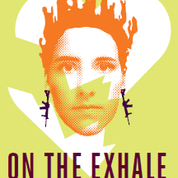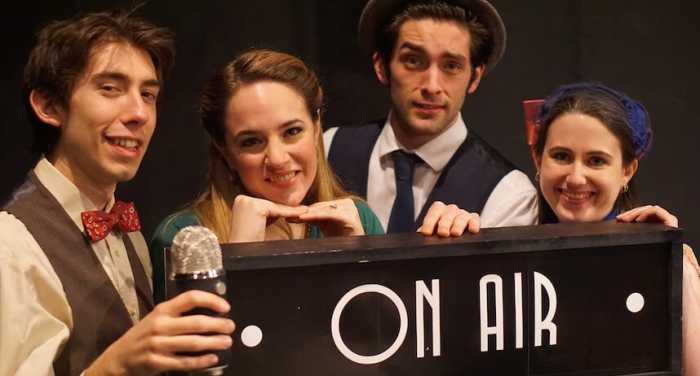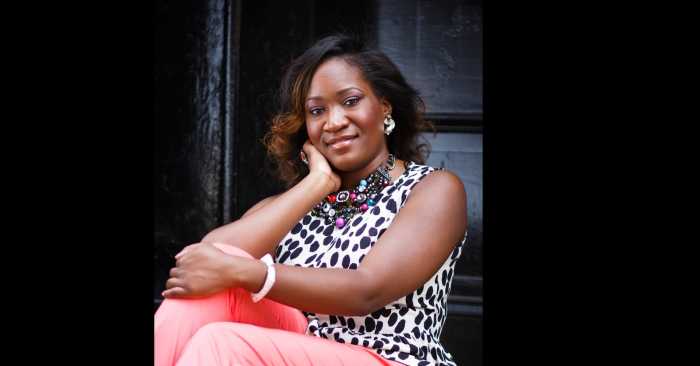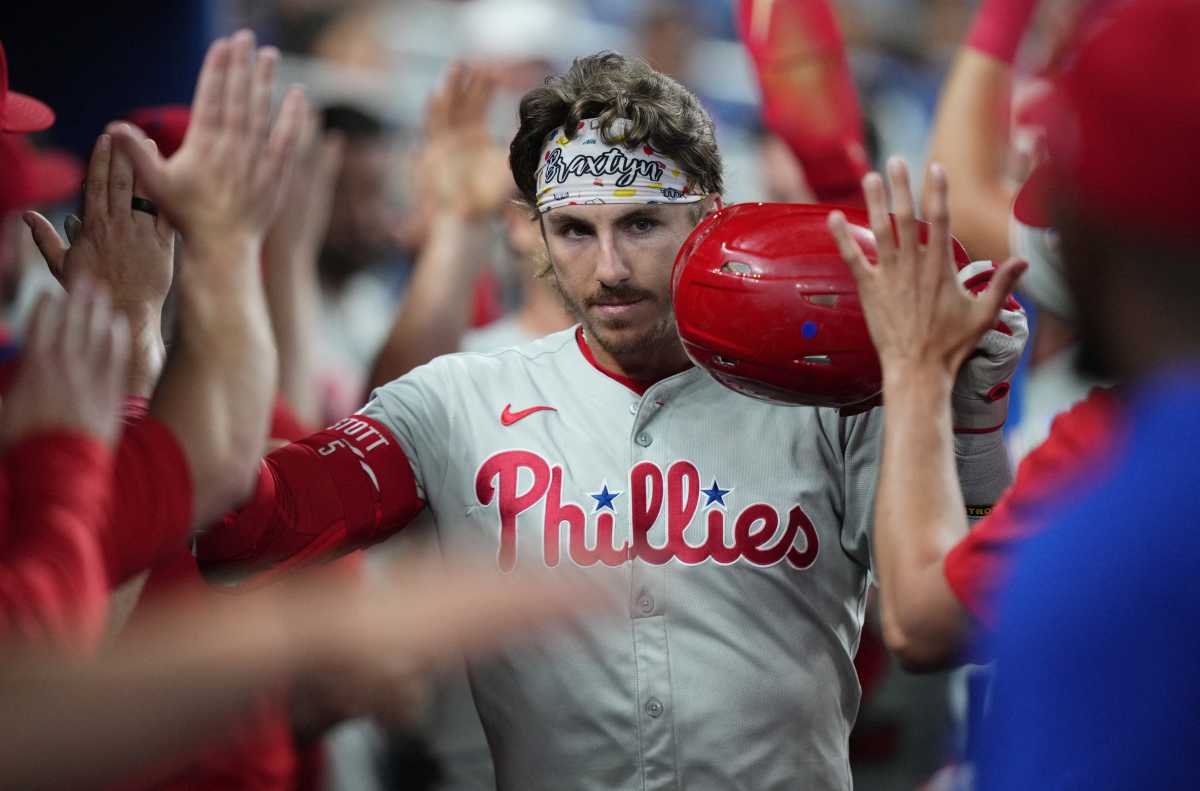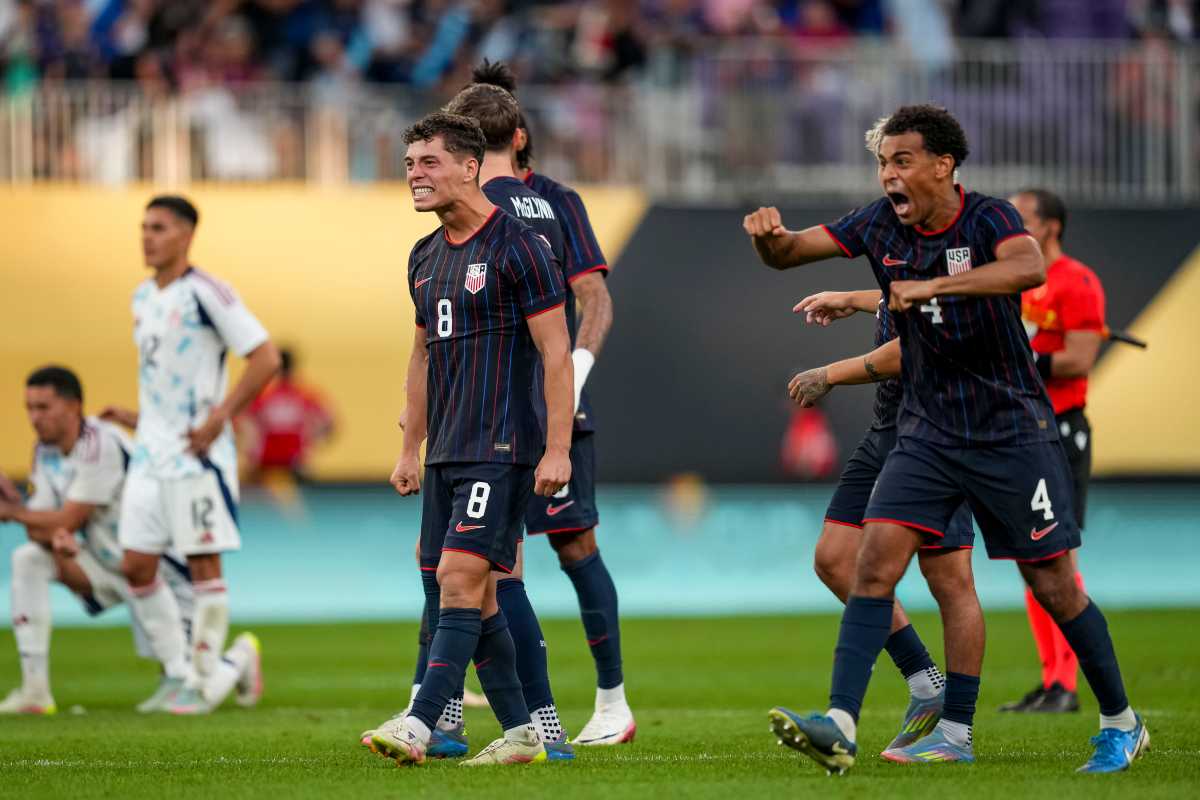Paseo Verde translates to “green walk,” and developers hope the $48 million mixed use residential and retail project at 9th and Berks streets will serve as a connector in more than one way.
There’s the cobbled-together partnership of project developers and funding streams that some officials called “unprecedented” at today’s groundbreaking, consisting of about 60 organizations and individuals representing all manner of federal, state and city agencies.
There’s the gap between “sustainable” and “affordable” based on an ingrained stereotype that the two concepts are simply at odds. President of the Asociacion Puertorriquenos en Marcha Nilda Ruiz cited Paseo Verde’s green roofs, permeable paving and solar panels alongside its wallet-friendly rent. “It’s a combination of green architecture and affordable living,” she said.
There’s the seemingly counterintuitive idea of “transit-oriented development,” locating residents adjacent to transit hubs rather than providing a buffer between them. The development is steps away from the Temple University Regional Rail Station, SEPTA’s fourth busiest stop. In addition to contributing funding, SEPTA has pledged to install new bike racks, improve lighting and landscape the area.
Perhaps most in need of connecting is the chasm between Temple University and longtime residents of the North Central Philadelphia neighborhood. The latter have blamed the school and its students for quality of life violations and displacement due to an ever-expanding campus and raised rents. The former have leveled complaints of hostile behavior from the so-called lifers.
“What I see this doing is helping with the balance of the neighborhood,” said state Sen. Shirley Kitchen. “Nowadays, new or reformed neighborhoods – whatever word you want to use – it’s poor people, affluent people, you even have students on your block,” she said. “It’s one block fits all, not like in the old days when people had the same basic goals in common. I see this as a balance.”
Paseo Verde will feature mixed income rental units, offices, an on-site primary care center and pharmacy and ground level retail. “The retail enhances it for both new and existing residents,” City Council President Darrell Clarke said.
In addition to providing services that will cater to a variety of populations, Paseo Verde’s living spaces will help ameliorate concerns of residents who worry the university is pushing them out. “I think, in particular, because it was developed by a local community organization with a long track record of inclusiveness and has funding that ensures families will have affordable housing, it has had a good reception,” Clarke said.
“I’m really excited about being here at the groundbreaking, but I’m more excited about the ribbon cutting, which will hopefully happen in 18 to 24 months,” said David Walsh of financing partner JP Morgan.
A different divide
Aside from bridging differences between Temple students and North Philadelphia residents, the project seems to signify a period of goodwill in the sometimes fractious relationship between Mayor Michael Nutter and Council President Darrell Clarke.
“I used to sit across from the mayor in City Council and it could get a little competitive. We always wanted to see who could get more shovels,” Clarke said, referring to the keepsakes given out at development groundbreakings and ribbon cuttings. “Now, we share shovels.”
“Councilman Clarke and I may build an Art in City Hall project just with shovels from across the city,” Nutter joked.
By the numbers
$47.27 million. Total cost of project.
$41 million. Loans and investments from signature financing partner JP Morgan.
$6 million. Pennsylvania’s contribution, through Redevelopment Assistance and Department of Community and Economic Development funds.
$5.55 million. Contribution from the city of Philadelphia through HOME funds, the Housing Trust Fund and the Department of Commerce.
$1 million. Contribution from SEPTA.
206,000. Paseo Verde’s size, in square feet.
30,000. Square feet of ground level retail.
7,700.
Passengers served daily at the nearby Temple University Regional Rail station.
120. Mixed income apartment rental units in the development.



